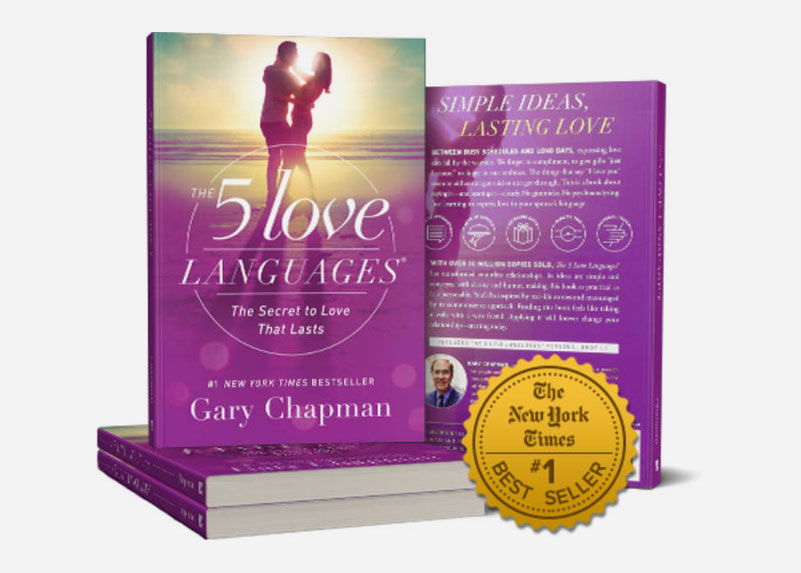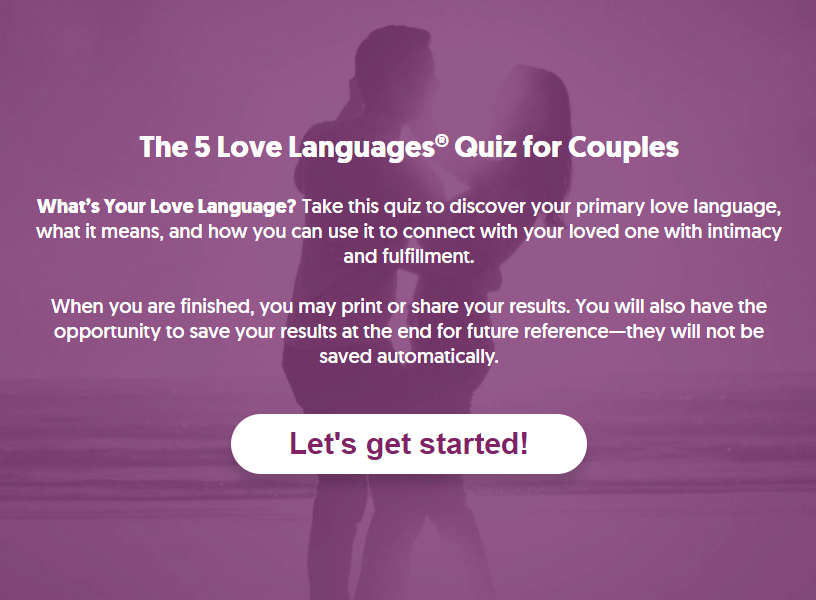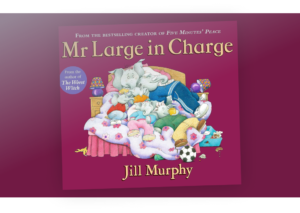We were given ‘The 5 Love Languages’ book (by Gary Chapman) as a wedding present.
In the midst of settling into married life, a new home, various new jobs, and managing a mental health disorder, it was put on a shelf and promptly forgotten about.
In the recent ‘getting on top of life finally’ exercise that I have been doing thanks to 2020, as part of my decluttering journey I have been working through my bookshelves.
About a month ago, I pulled out this book and my husband and I read the book together.

So what’s the secret?
I think that Chapman’s secret to ‘love that lasts’ is threefold.
1. Know your spouse
Defining it as a ‘love tank’, Chapman talks about how each person has an emotional need to be loved. But different people’s tanks are filled in different ways. This is where the love languages come in.
You have to know which one you are, and know which one your spouse is in order to love them effectively.
2. Be Intentional
Most people have different love languages. So chances are your primary love language is different to your spouses’. Once the ‘in love’ feeling has died down, we revert to our natural tendencies.
We tend to love in the way we feel loved – we may be really trying to love them, but they might not even realise that.
Once you know what their love language is, work really hard to try and learn to use, even if it’s not natural to you. It’s not something that just happens.
3. Chose to love
Most marriages end because people lose the ‘in love’ feeling after a certain amount of time, and never replace it with the decision to love – expecting it to just happen, or waiting until they feel like loving the other person.
But love is something we have to actively do, regardless of our feelings (at the end of the day we’re all pretty selfish). And when we take action, chances are our emotions then follow.
If you want to have a good, long marriage – or any other type of relationship for that matter – you have to work at it, and invest in it.
That would be my summary of the book, but here are some questions that might naturally come up:
Is it worth reading if you already know the 5 love languages?
The book doesn’t just explain the 5 love languages but talks through what it looks like when they’re done well (or badly).
He draws from a wealth of years of counseling, and whilst at times I found it a little repetitive, it’s a good read, even if it just reminds you not to get lazy in your marriage or relationships.
Is it too cliche?
I suspect many people are like me and don’t have good tolerance levels for cliche marriage books that don’t really talk to the complexities of real-life anyway.
However, I must remind myself to not judge a book by its cover, and whilst at times it was cheesy, for the most part, it was absolutely fine. Be brave.
Is it worth reading if you’re already married?
We’ve been together for over a decade, and being the intense personalities that we are, we talk a lot and spend a lot of time together. We already had a pretty good grasp of our love languages.
However, that being said, I don’t think either of us appreciated how high my husband’s need for quality time was. Which explains why my husband didn’t feel very loved as a child, because he received very limited quality time. Or why I felt so much more loved when my husband started cooking the evening meal and cleaning the house with me.
It was also a good reminder for us to think about the other person’s love language, take a bit of an MOT on whether we’re slipping into lazy habits or loving the other person with our love language.
So even if you’ve been married 30 years I’d imagine it will still be a worthwhile use of your time to read it.

How do you find out what your love language is?
In the back of the book, there is a quiz that you can do, but also it’s helpfully available on the website (5lovelanguages.com) so you can head over there now to see what your love language is.







